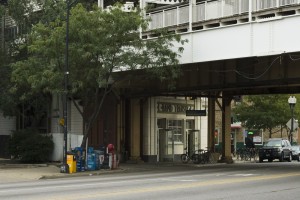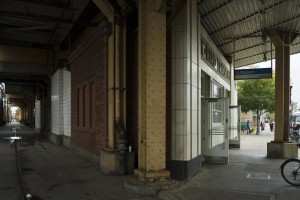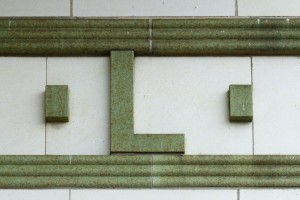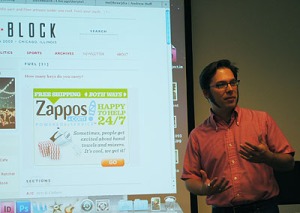Chicago elected official seeking to put people to work, “for real.”
Browsing Facebook, as I do all too much, one sees a plethora of Job Fairs, Employment Expos, and Back-to-Work initiatives on the pages of Chicago’s politicians.
One Alderman, however, is taking a different approach and stopping just short of guaranteeing jobs for resumes.
(1st Ward) Work 1st
1st Ward Alderman Proco Joe Moreno’s Work 1st Initiative will be launched later this month. Describing the program Moreno said, “The unemployed or underemployed will be able to submit their resumes to my office and I will find them a job.”
“We have a lot of companies that want to do business in the 1st Ward and I will require them to draw their employees from this program,” stated Moreno.
The companies that Moreno was referencing are a diverse bunch that will employ educated as well as undereducated individuals.






